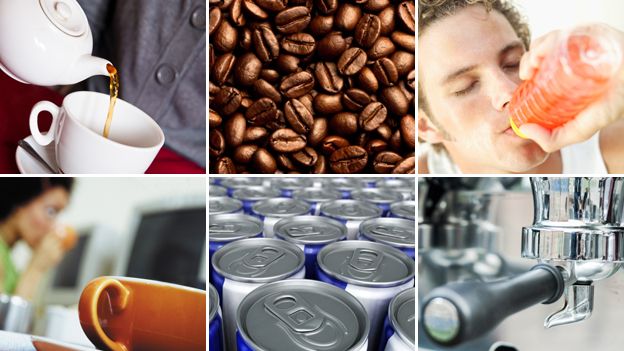The Only Guide to Caffeine Addiction and Withdrawal Symptoms - We Do Recover

Are We All Addicted to Caffeine? - Office for Science and Society - McGill University
Indicators on Caffeine - CAMH You Should Know
Have a quick or irregular heart beat. Is caffeine addictive? Many individuals develop a tolerance for caffeine. This suggests that your body adjusts and gets utilized to having caffeine every day. In time, you may find that you need to keep increasing your caffeine intake to accomplish the preferred impacts of alertness and ability to focus.
It raises dopamine, but the level is little. Prohibited stimulants like methamphetamine ("meth") and MDMA ("ecstasy" or "molly") cause a substantial rise that messes with the benefit circuits in your brain. You get "addicted" to ecstasy, and "dependent" on caffeine. The length of time does caffeine last in the body? The effects of caffeine can be felt as soon as 15 minutes after it is taken in.

Caffeine Addiction And The Dangers Of Powdered Caffeine
6 hours after caffeine is consumed, half of it is still in your body. It can use up to 10 hours to completely clear caffeine from your blood stream. How is caffeine utilized in medications? Read More Here is a typical component in lots of prescription and over the counter headache remedies, pain reducers and cold medications.

Caffeine Addiction Help
It assists your body absorb headache medicines quicker. If you are worried about your caffeine intake, checked out the item label on non-prescription medications or the info sheet that includes your prescriptions to identify whether a medication contains caffeine. The FDA requires that the medication identifies list the amount of caffeine they include.

Indicators on Caffeine Withdrawal: Symptoms, Timeline, & Treatment You Should Know
These products are not needed by law to show their caffeine material on the label, and there is no set requirement for caffeine material. What are some pointers for stopping caffeine? Cut down gradually on the amount of caffeine in your diet plan. Don't make the error of stopping absolutely. You'll likely experience withdrawal symptoms and return to drinking coffee or soda or taking a headache medication with caffeine in it to make the signs disappear.
Avoiding the withdrawal symptoms is one of the most typical reasons why people continue their caffeine habit. To successfully lower your caffeine intake, slowly minimize the amount of coffee, tea, soda and energy drinks you have every day. Begin to replace cold caffeinated drinks with water. Water is a healthy option and pleases the need for consuming a liquid.
